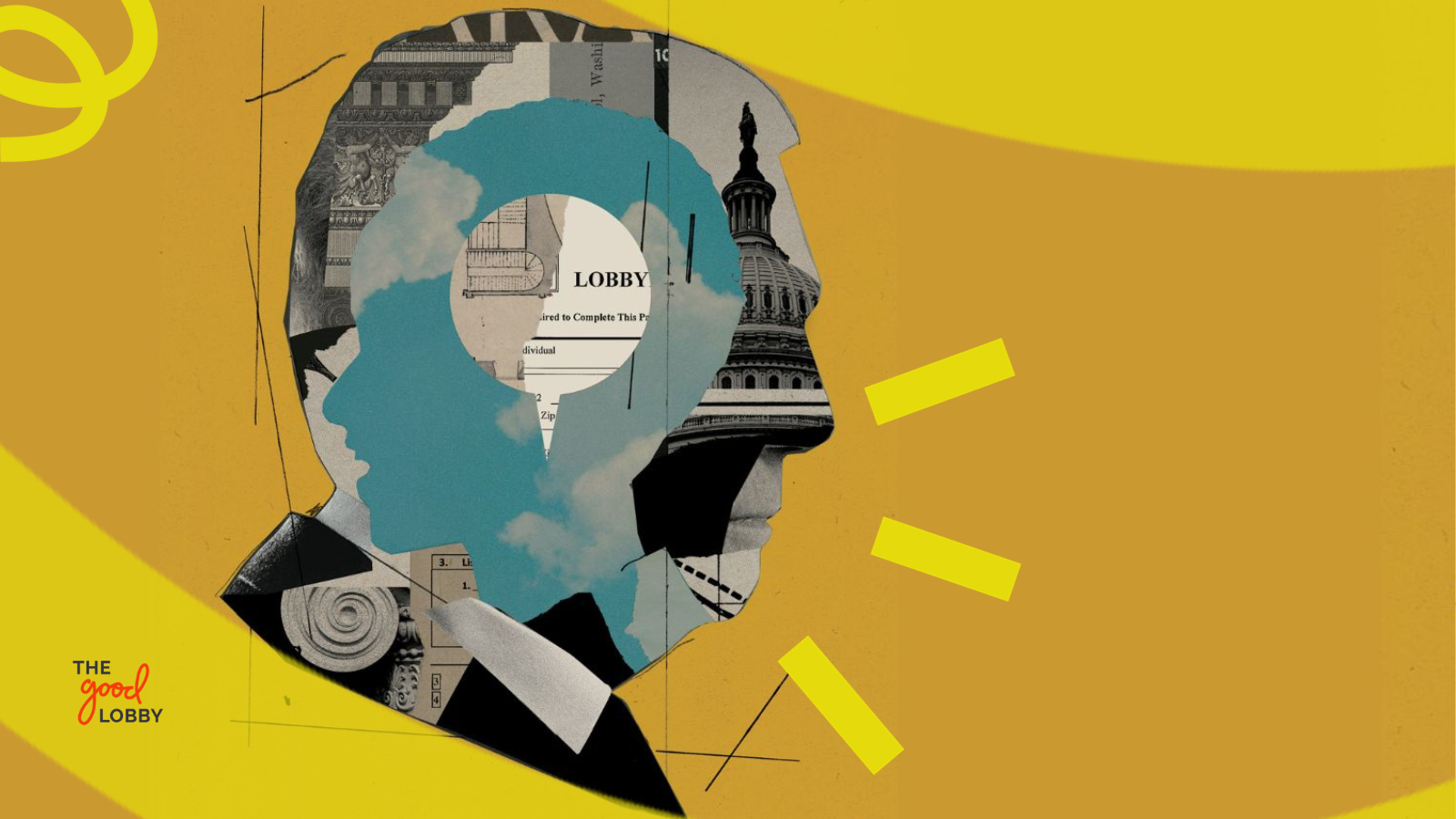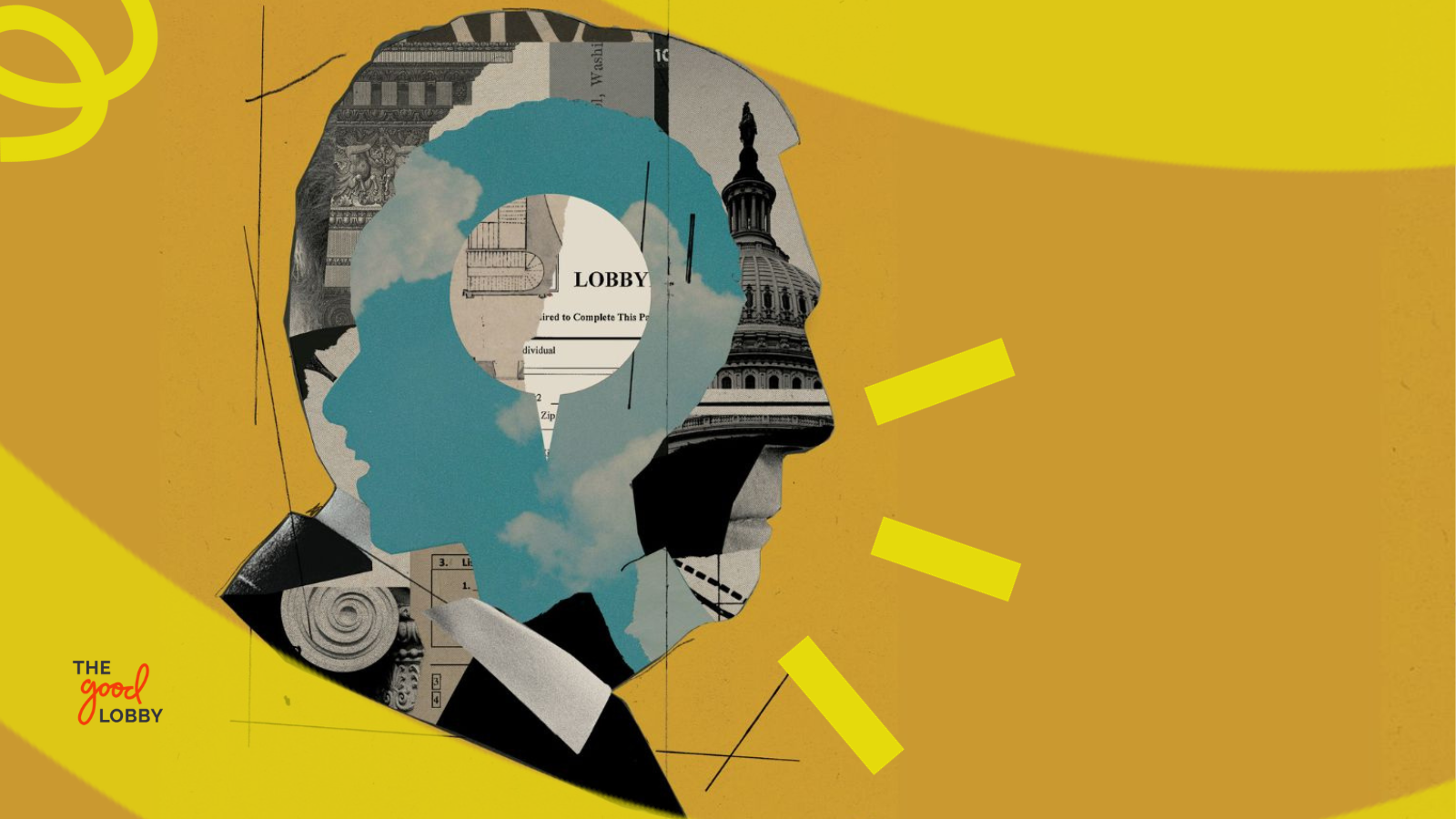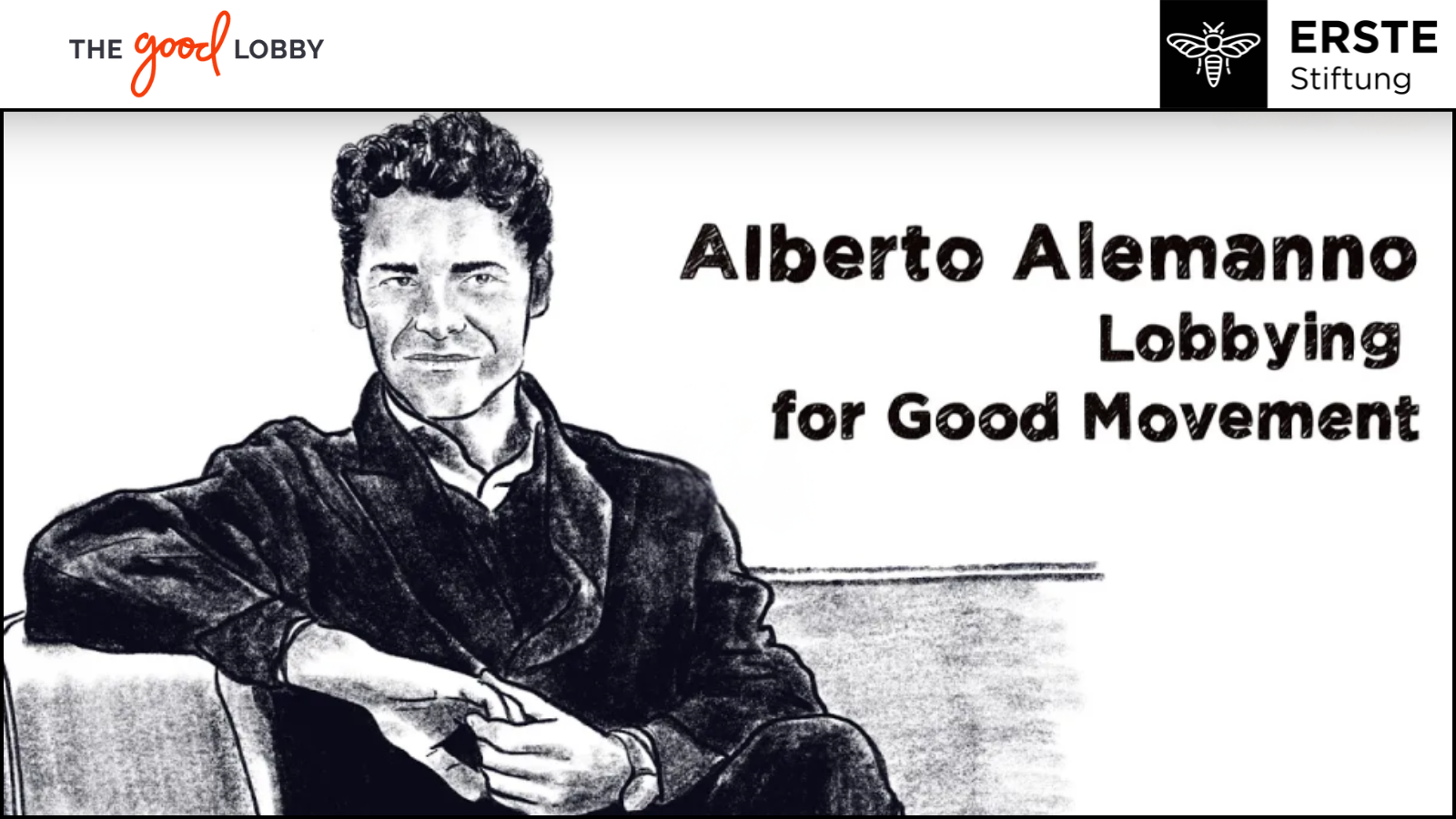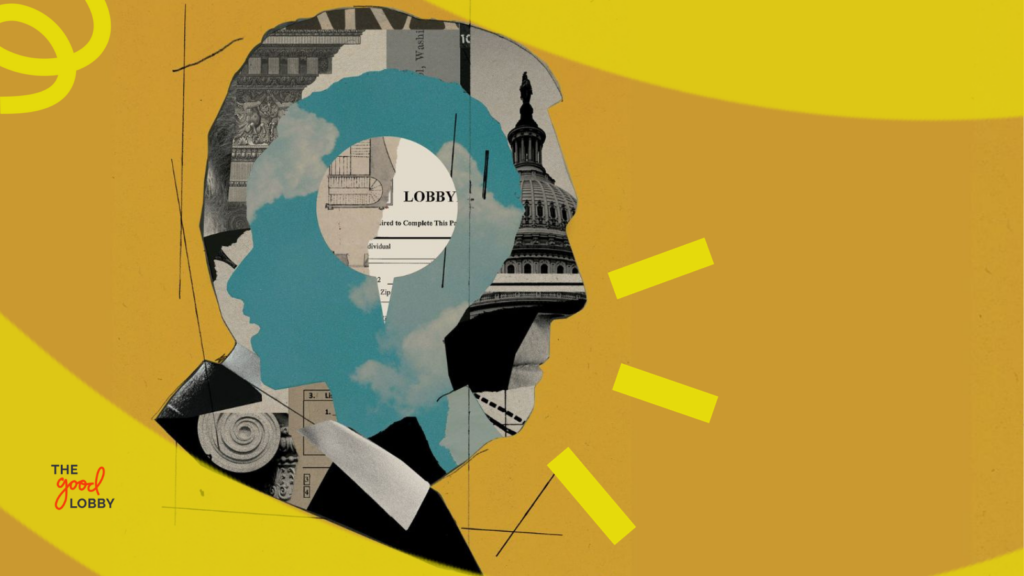
The Lobbying for Good Movement
Alberto Alemanno argues in the Stanford Social Innovation Review that today a diverse group of actors—from nonprofits, social enterprises, civic tech initiatives to a handful of sympathetic philanthropies as well as some companies and investors across the world—are challenging the negative prejudice against lobbying. As such – he argues – they prompted the emergence of a rapidly-growing ‘lobbying for good movement’, which is is championing a new public understanding of what lobbying really is—the fastest and most powerful way to scale innovative ideas or programs for social good. In other words, in a vibrant democracy, lobbying is the way to make the day to day practice of governments more directly responsive to these popular aspirations.
If you are interested to join the movement or simply know more about it, you can read the paper below.
Nonprofit leaders perceive lobbying, as it is currently practiced and understood, as corrupt conduct that may result in undue influence to the detriment of fair, impartial, and effective policymaking. The popular imagination associates lobbying with dodgy, backroom deals in smoke-filled rooms.
But lobbying—a right that democracies guarantee—can actually be an antidote to such secret dealing. Lobbying is about providing ideas and sharing concerns with policymakers to make them—and the whole policy process—more responsive. It enables society to tackle the root causes of the major challenges facing us, not their symptoms. In fact, lobbying is one of the most effective ways to enact political, economic, and social change—the intentional restructuring of our social arrangements for the benefit of all.
To be sure, lobbying today is dominated by major corporations and special interests. It blocks progress on numerous critical issues ranging from climate action to tax collection. Only a handful of nonprofits lobby, and only a few of them know how to actually do it. By failing to speak up for the most disadvantaged, underrepresented people and interests they serve, nonprofits are forfeiting their constitutionally protected right to lobby. This default magnifies the impact of special interests that already dominate the policy process. It also reinforces political inequalities, by further delegitimizing lobbying in the eyes of the public, and ultimately undermines trust in the political process. It does not have to be this way. Today a diverse group of actors—from nonprofits, social enterprises, civic tech initiatives to a handful of sympathetic philanthropies as well as some companies and investors across the world—are challenging this prejudice against lobbying. This growing ‘lobbying for good’ movement is crafting a new public understanding of what lobbying really is—the fastest and most powerful way to scale innovative ideas or programs for social good. In a vibrant democracy, lobbying is the way to make the day to day practice of governments more directly responsive to these popular aspirations.
Read the Blog Post

Watch the Interview

